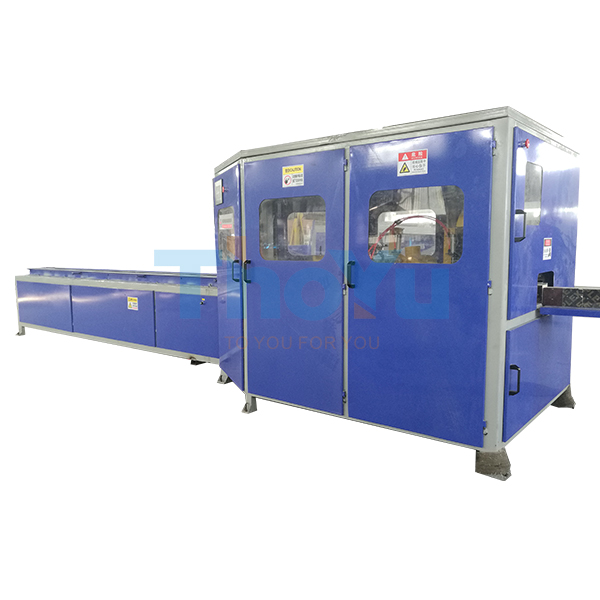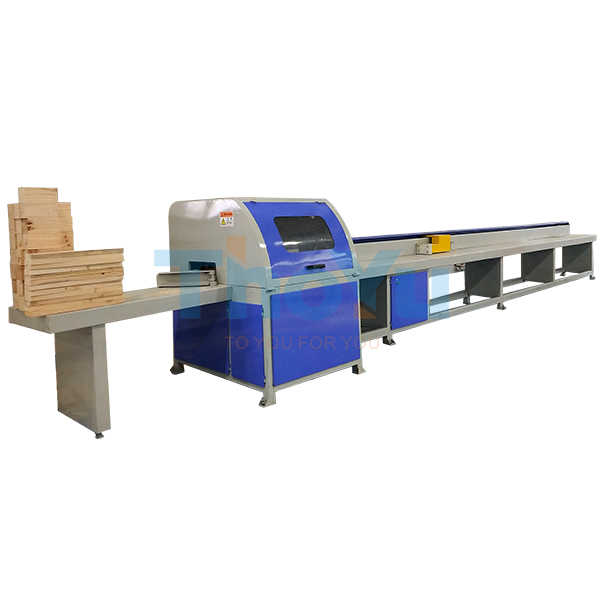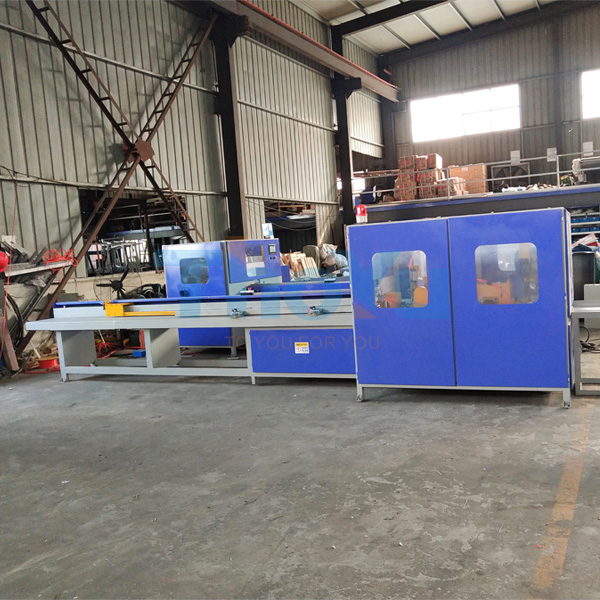
Automated pallet block machines have revolutionized the production of multi-layer plywood by introducing advanced automation technologies that streamline operations from feeding raw materials to precise cutting. These systems are designed to improve productivity, ensure consistent quality, and reduce labor costs, making them a preferred choice for manufacturers worldwide.

The integration of high-precision sensors, computer-controlled mechanisms, and real-time data monitoring enables these machines to deliver exceptional performance. For example, the machine's automated feeding system ensures that raw panels are consistently aligned, reducing errors and material waste. According to internal testing data, this process improves material utilization by up to 15% compared to traditional manual methods.
Moreover, the cutting module utilizes high-speed CNC technology to achieve accurate dimensions. In a recent case study conducted at a leading plywood factory in Southeast Asia, the machine reduced cutting time by 20% while maintaining a precision level of ±0.1mm. This level of accuracy is critical for producing high-quality multi-layer plywood that meets international standards.
One of the most significant advantages of automated pallet block machines is their ability to support customization. Manufacturers can adjust parameters such as panel thickness, size, and pattern based on specific customer requirements. A European furniture manufacturer reported that the machine helped them meet unique design specifications for custom-built cabinets, resulting in a 30% increase in order fulfillment rates.

The machine also supports scalability, allowing businesses to expand their production capacity without major overhauls. With modular design features, users can add additional modules or upgrade existing ones to accommodate higher output volumes. Data from industry reports indicate that companies using scalable automation solutions saw an average 25% improvement in production throughput within the first year of implementation.
Quality control is a core component of the automated pallet block machine’s design. Built-in inspection systems monitor each stage of the production process, identifying defects early and preventing substandard products from reaching the market. In a survey of 50 manufacturers, 87% reported improved product consistency after adopting the machine, directly contributing to better customer satisfaction and brand reputation.
Furthermore, the machine’s robust construction and advanced cooling systems ensure stable operation even under continuous use. Field tests show that the equipment can operate for over 10,000 hours without major maintenance, significantly lowering downtime and repair costs. This reliability makes it a valuable long-term investment for any manufacturing facility.
| Feature | Performance |
|---|---|
| Material Utilization Rate | Up to 15% improvement |
| Cutting Precision | ±0.1mm |
| Downtime Reduction | Up to 30% improvement |
| Operating Hours Without Maintenance | Over 10,000 hours |

With increasing demand for efficient and sustainable manufacturing solutions, the adoption of automated pallet block machines has grown rapidly across multiple regions. From North America to Asia, manufacturers are leveraging these systems to enhance productivity and maintain competitive advantage.
Customer feedback highlights the tangible benefits of the machine, including faster production cycles, reduced labor dependency, and improved product quality. One South American producer noted that the machine allowed them to double their daily output while maintaining the same workforce, proving its value in cost-effective scaling.
For businesses looking to optimize their multi-layer plywood production, the automated pallet block machine offers a proven solution that aligns with global industry standards. Its combination of precision, flexibility, and reliability positions it as a key asset in modern manufacturing environments.

